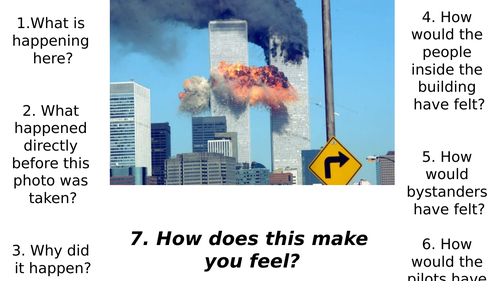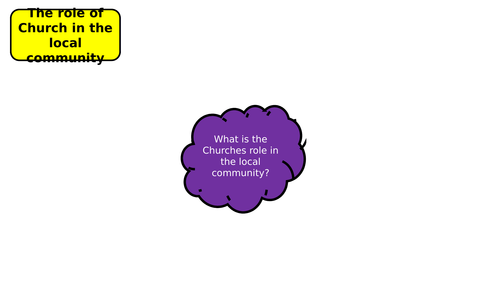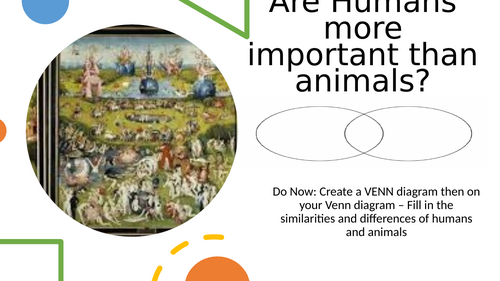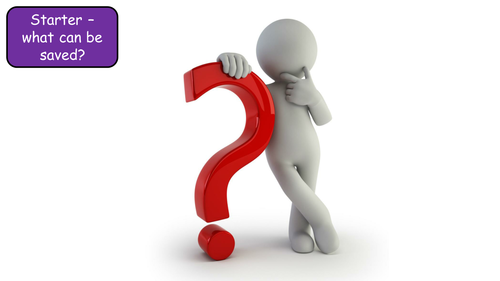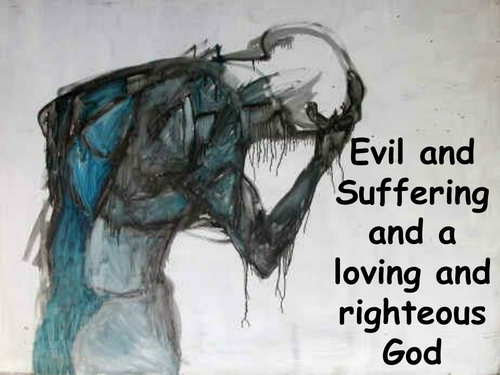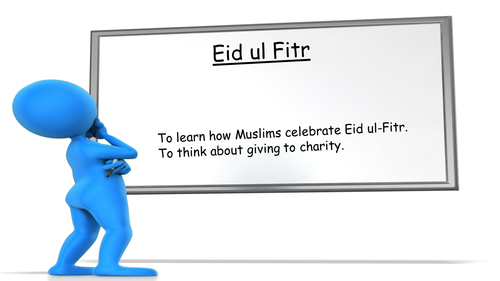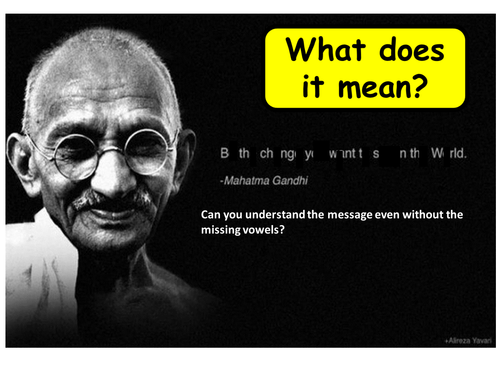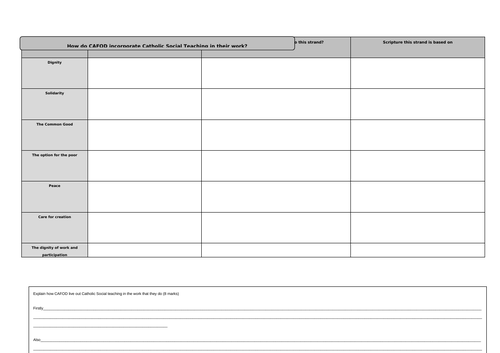
52Uploads
6k+Views
941Downloads
Religious education

What did prophet Muhammad (PBUH) achieve as a peacemaker
In this lesson students will give an account of what Islamic sources say
about peace and conflict, and consider how to make connections between
ancient sacred texts and contemporary issues. They will also begin to make sense of the teaching of the Prophet, the Hadith and the Qur’an about peace and conflict, linking it to case studies or examples.

What is Jihad (literacy lesson)
Explain the Muslim concept of ‘struggling with myself’ for a better world. Give examples of the meaning of the concept of ‘greater and lesser Jihad’ in Islam. Build the skill of writing a developed paragraph.

What can we learn from Islam about Peace?
Explain reasons why Muslims see their religion as a power for peace in the world.

Is religion a cause of conflict?
This lesson allows pupils to explain reasons why religion can be seen as a power for peace in the world and not a cause for conflict.

What is the reward for living a good life?
In this lesson learners will explore what religious people believe about rewards in the afterlife.

OCR GCSE RS: Religion, peace & conflict lesson 2: Terrorism
This is the second lesson in the Religion, peace & conflict unit titled ‘terrorism’. Her we explore what is meant by terrorism, what islamic extremism is and how the UK tackles the issue, how christian attitudes towards terrorism and its causes differ and also whether religion should have a part in politics with reference to the IRA.

OCR GCSE - The role of Church in the local community and living practices
This resource looks at the different rites of passage, the sacraments of initiation and the Christian marriage ceremony. It comes with an article to get students discussing what the role of the Church is and a worksheet to fill in the sections of marriage.

Do religious communities intend to make peace or war?
Explain reasons why Christianity can be seen as a power for peace in the world.
Give examples of how Christians fail to live out their ideals and sometimes contribute to conflict.

How do Muslims respond to Islamaphobia
In this lesson, Students will describe ways in which Muslims can be victims of
prejudice and how religious prejudice can contribute to conflict.

Are humans more important than animals?
This lesson explores the ethics of animal rights and Christian attitudes to the importance of animals

is anything altruistic?
In this lesson, learners will;
Define the term ‘selfless’
Explain how good actions make people feel
Give reasons why even if a good act is rewarded it can still be good

Why are non religious people good?
In this lesson, learners will explore the idea of humanism and why humanists choose to be moral.

Are we good global citizens?
This lesson explores the theme of global citizenship and religious attitudes to stewardship.

Should we be good for future generations?
In this lesson, learners will:
Define the term ‘stewardship’.
Identify and explain examples of Stewardship.
Justify why we should be good.

Role Models
In this lesson, learners will:
Define the term ‘role model’.
Identify and explain examples of good people from History.
Justify why someone is a positive influence in society today.

OCR GCSE RS - Christianity - Salvation and atonement
This lesson explores what salvation means to Christians and the different atonement theories. It looks at the different Christian attitudes to salvation with information hunt and group work.

OCR The problem of evil and suffering and a loving and righteous God
This is the fourth lesson in the OCR Christianity unit explaining how the problem of evil and suffering may lead theists to question the belief in a loving and righteous God

Eid-Ul-Fitr
KS3 lesson explaining what Eid-Ul-Fitr is and its importance in the life of the Muslim community

OCR GCSE Biblical accounts of Creation
The third lesson in the OCR Christianity unit explaining what the Biblical accounts of creation reveal about God






